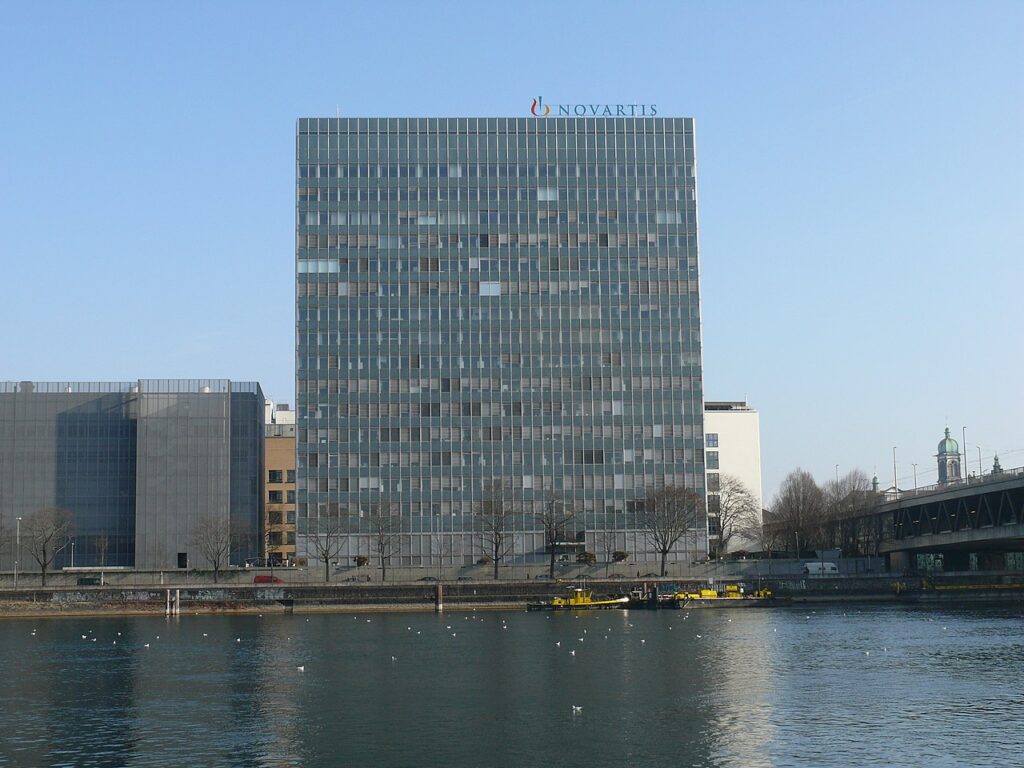Swiss pharma giant Novartis and British pharmaceuticals company GSK have teamed up to conduct scientific research linking genetic diversity in Africa and its potential impact on response to drug therapeutics.

The project aims to support research on genetic diversity and drug responses in Africa. (Credit: Silesia711/Wikipedia.org.)
Subscribe to our email newsletter
Novartis and GSK have agreed to provide £2.8m ($3.6m) for the Africa Genomic Research Approach for Diversity and Optimizing Therapeutics (GRADIENT) project (Project Africa GRADIENT), over the next five years.
The companies are also calling on African researchers to submit their research proposals for the relevance of African genetic diversity in treating malaria and tuberculosis (TB).
Project Africa GRADIENT includes three funding mechanisms that will support fellowships, investigator-sponsored research and seed-funding.
Limited number of fellowships in academic institutions with global standards will be supported to collect and analyse data on the determinants of drug response.
Under investigator-sponsored research, hypothesis-driven research to understand regional genetic variation in drug response will be studied and the project will support such researches.
Under seed-funding, a limited number of projects will be supported whose results are dependent on the research conducted under the fellowships and investigator-sponsored research.
Novartis Global Health chief operating officer Lutz Hegemann said: “Novartis has a long-standing commitment to improving and extending the lives of patients around the world. Our efforts include seeking innovative ways to improve the standard of care where possible.
“This is why we are excited by this important collaboration on scientific research on genetic diversity in Africa. It has the potential to improve the efficacy and tolerability of current and future medicines, starting with two of the most deadly diseases, malaria and tuberculosis.
“In alignment with our ongoing efforts to strengthen scientific capabilities in lower-resource settings, this project also provides opportunities for training young African scientists in the use of advanced research methodologies and mentoring on drug development.”
As part of the agreement, the South African Medical Research Council (SAMRC) has been tasked to administer the project and a Joint Steering Committee will review the submitted proposals.
Research on data collection from under-represented regions is expected to be given priority.
All the collated datasets are expected to be made available through a public database to catalyse a positive change in approach to understand the different types of treatment efficacies along with patient safety across Africa.
GSK Global Health Pharma senior vice-president Pauline Williams said: “At GSK, human genetics is a core pillar of our R&D strategy. Genetic diversity is greater in Africa than in any other continental population resulting in some African patients having varying response to treatments.
“We are excited to launch Project Africa GRADIENT which aims to catalyse the best science in the continent to optimise treatment responses for malaria and tuberculosis, two infectious diseases that disproportionately affect African populations.”
Last month, Novartis agreed to buy Cadent Therapeutics, a US-based neuroscience company for a consideration of $770m.
Through the deal, the Swiss drug-maker will get access to Cadent’s neuroscience portfolio, including its NMDAr programme that includes CAD-9303 and MIJ-82.
 Advertise With UsAdvertise on our extensive network of industry websites and newsletters.
Advertise With UsAdvertise on our extensive network of industry websites and newsletters.
 Get the PBR newsletterSign up to our free email to get all the latest PBR
news.
Get the PBR newsletterSign up to our free email to get all the latest PBR
news.